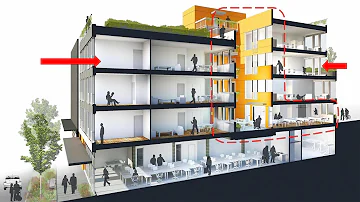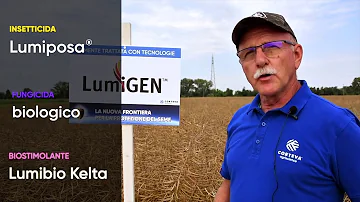What does co house mean?
Sommario
- What does co house mean?
- What are the advantages of co housing?
- What is a co housing project?
- What are the primary features of co housing?
- Are coops a good investment?
- What is a Co in real estate?
- What are the disadvantages of co-housing?
- What does it mean to live communally?
- What is co housing Society?
- What is a co living residence?
- What is cohousing for seniors?
- What is a cohousing community?
- What is a senior living community?
- What is community living?

What does co house mean?
A housing cooperative or "co-op" is a type of residential housing option that is actually a corporation whereby the owners do not own their units outright. Instead, each resident is a shareholder in the corporation based in part on the relative size of the unit that they live in.
What are the advantages of co housing?
One of the main benefits of cohousing is the economical advantages of sharing resources with other community members. Sharing tasks and chores like cooking, providing childcare, and driving, can offer savings in both time and money.
What is a co housing project?
Cohousing is an intentional community of private homes clustered around shared space. ... Households have independent incomes and private lives, but neighbors collaboratively plan and manage community activities and shared spaces. The legal structure is typically a homeowner association or housing cooperative.
What are the primary features of co housing?
The basic traits of cohousing communities include shared facilities and public space, a common house, self-governance and design input by the group of future residents that created the neighborhood.
Are coops a good investment?
The main advantage of buying a co-op is that they are more affordable and cheaper to buy than a condo. This is one reason this type of housing is popular in cities with a high cost of living. What's more is that you typically get better square footage for your money.
What is a Co in real estate?
A certificate of occupancy is a document that's issued by a local zoning or building department stating that a home or property is suitable for occupancy. ... A certificate of occupancy will also identify what class a building or property falls into or what its use is.
What are the disadvantages of co-housing?
Cons
- Most co-ops require a 10 to 20 percent down payment.
- The rules for renting your co-op are often quite restrictive.
- Because there are a limited amount of lenders who do co-op loans, your loan options are restricted.
- Typically it is harder to rent your co-op with the restrictions that most co-ops have.
What does it mean to live communally?
Communal living refers to a group of people living together in a commune. The words communal and commune are related to the word common in the sense of something shared. ... Communes consist of groups of people pursuing common goals based on an ideal.
What is co housing Society?
A cooperative housing society is a set-up formed through mutual cooperation and consent of a number of members. The members have a sense of community spirit and camaraderie which most of the independent residents miss out on. PropGuide shares a few benefits of living in a cooperative housing society.
What is a co living residence?
Coliving is a real estate term that has been recently popularized by the rise of housing startups offering affordable housing in homes shared by five or more adult roommates.
What is cohousing for seniors?
- Senior cohousing is a type of living community that combines private homes with clustered living spaces. A senior cohousing community includes 20 to 40 single-family or attached homes arranged so that everyone shares the same lawn space and walkways.
What is a cohousing community?
- Cohousing is an intentional community of private homes clustered around shared space. Each attached or single family home has traditional amenities, including a private kitchen.
What is a senior living community?
- Senior Living Communities. A senior living community is housing designed for older adults, who no longer want or are able to live in their own homes. Senior living communities come in all shapes and sizes, and are generally classified by the levels of care which they offer. Some communities are age-restricted.
What is community living?
- Community Living is a 501 (c) (3) non-profit agency that provides residential services to persons with developmental disabilities and their families. Community Living has been supporting individuals with developmental disabilities since 1969.















